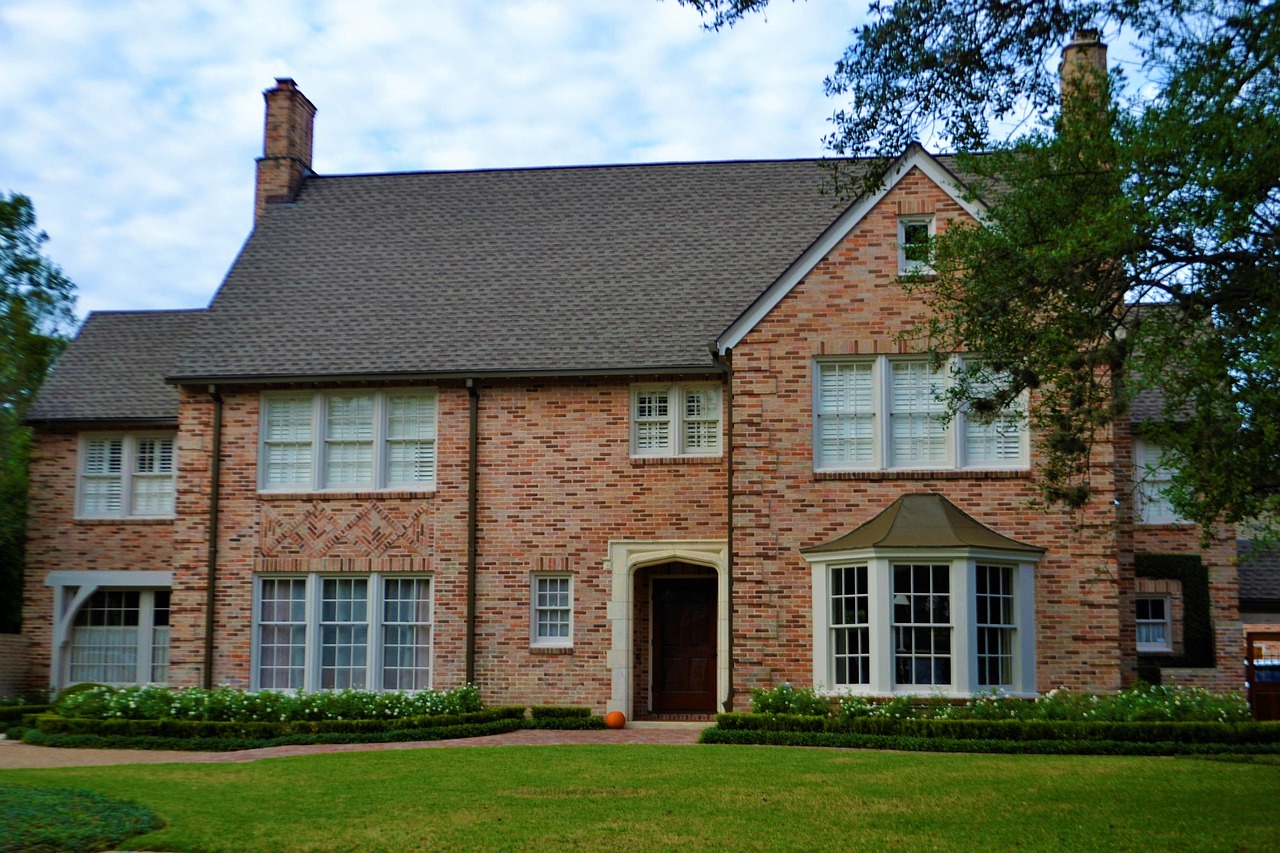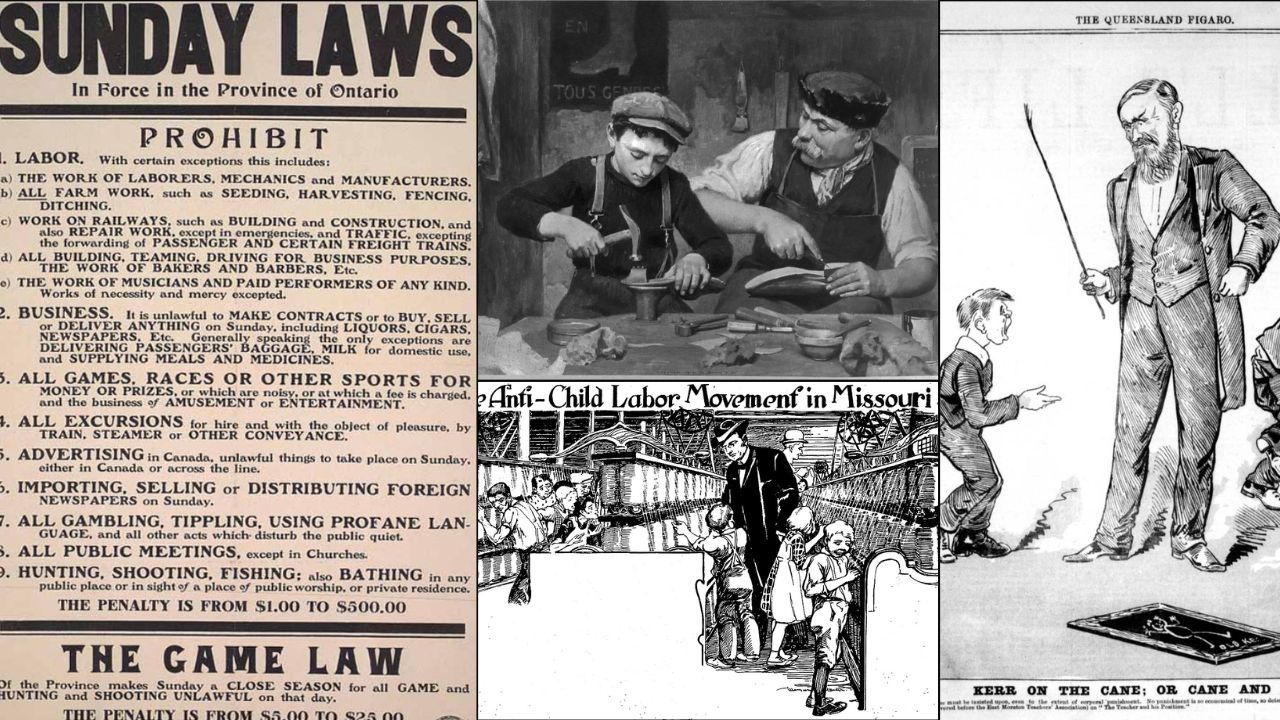Municipal codes and HOA covenants rarely make headlines, yet everyday routines live under their quiet umbrella. A bin left out overnight, a mower started too early, or a backyard fix without paperwork can snowball into warnings, fees, and frayed neighbor goodwill. What this really means is that small habits matter. With a little awareness of local rules, a home stays comfortable, safe, and welcome on the block, and money stays in the wallet instead of at city hall. Seasonal shifts amplify risk, since droughts, storms, and holiday gatherings change enforcement pace and common complaints.
Leaving Trash Bins Out Too Long
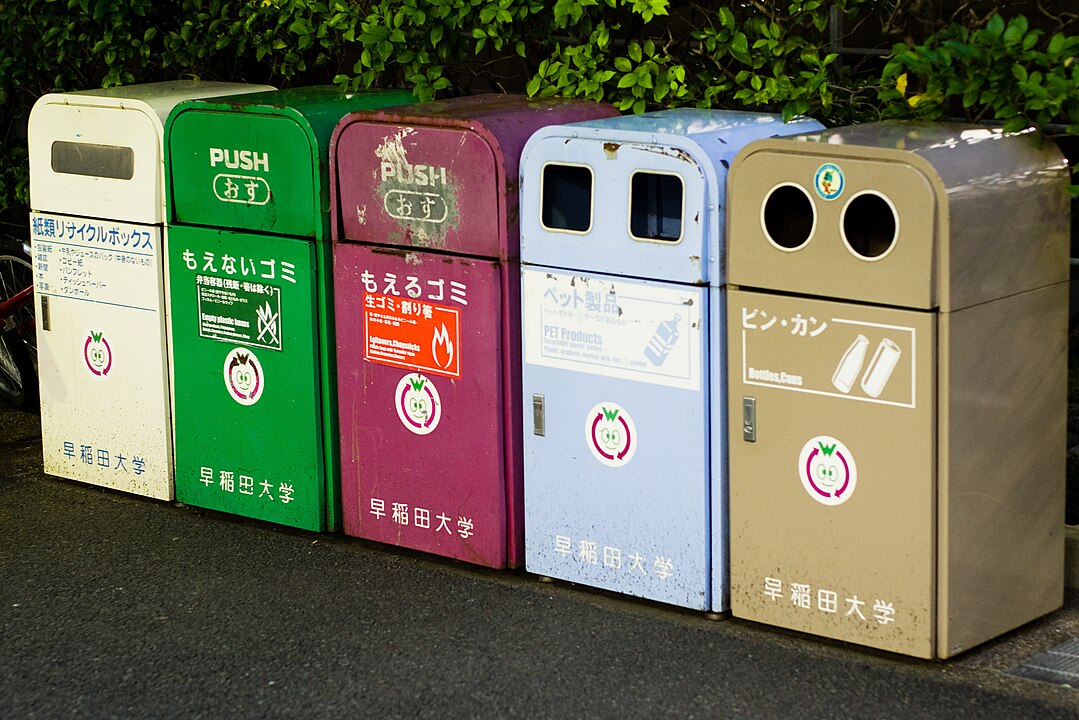
Many cities set strict timelines for curbside bins. Leaving containers at the street beyond pickup day, placing them out too early, or storing them where they are visible from the road can draw citations. Codes aim to reduce clutter, windblown debris, and pest activity. A simple routine helps: wheel bins out after dusk before collection, return them promptly, and store them behind a fence or in a side yard. Local rules often spell out hours, distances from curbs, and lid requirements, and enforcement usually escalates with repeat offenses.
Parking That Blocks Sidewalks

Driveways that slope across public sidewalks can become accidental barriers when bumper overhangs or mirrors encroach on the walkway. Many municipalities treat a blocked sidewalk like blocking a street lane, with fines designed to keep strollers, wheelchairs, and kids on bikes moving safely. Even quick stops count. Marking a tire line inside the apron, using parking stops, or pulling in fully keeps the path clear and avoids a citation on a busy morning.
Skipping Seasonal Lawn Care

Overgrown grass, invasive weeds, and neglected leaf piles are common triggers for property maintenance fines. Standards vary, but grass often must stay under 8 or 10 inches, and weeds that spread to neighboring yards can bring warnings followed by penalties. Beyond appearances, tall growth hides pests and reduces visibility for drivers. Seasonal mowing, mulching, and timely leaf collection satisfy codes, protect drainage, and keep block pride intact.
Unpermitted Sheds and Decks
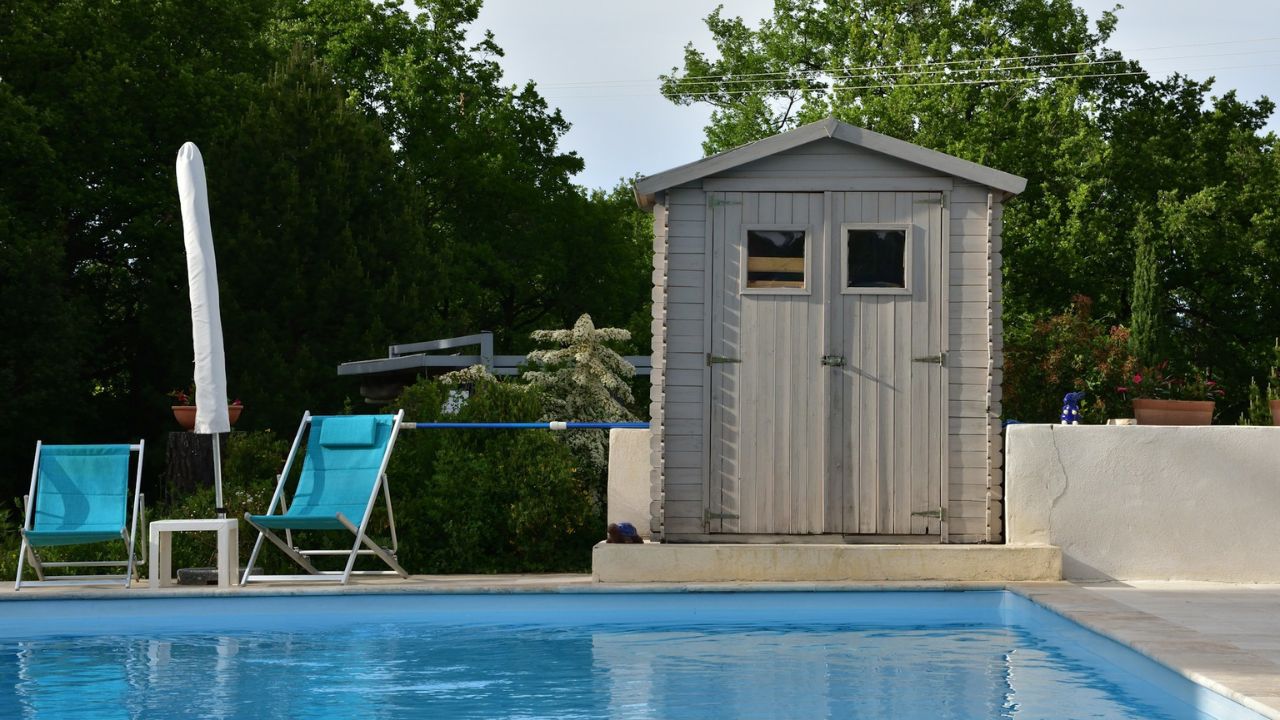
Small structures feel harmless, yet zoning and building codes still apply. Sheds, pergolas, patios, and deck extensions can require permits, setbacks from property lines, and anchoring for wind or snow loads. Skipping approvals risks stop-work orders and fines that grow daily. A planning desk call confirms thresholds for size, height, and utilities, and ensures that foundations, drainage, and electrical work meet safety rules. Permits also document improvements for insurers and future buyers, preventing headaches at appraisal or closing.
Illegal Home Business Signs

Home occupations are usually allowed, but many codes limit exterior signs, client traffic, and on-site sales. A bold banner, sandwich board, or lit window logo can violate residential sign ordinances or HOA covenants. Rules exist to preserve neighborhood character and reduce congestion. A compliant approach keeps business activity discreet, channels appointments online, and reserves commercial-scale marketing for permitted venues without risking citations or permit revocation.
Overdue Tree Trimming Near Streets
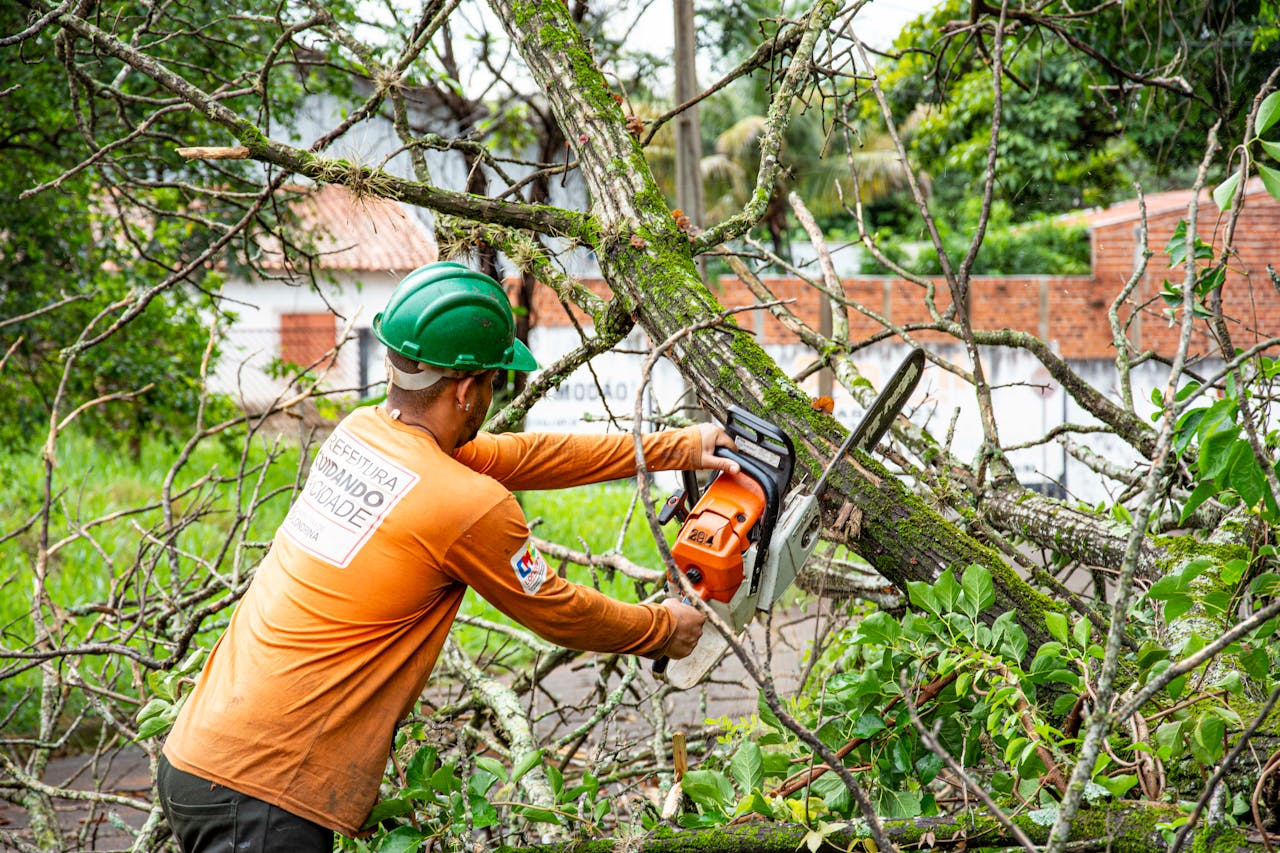
Branches that block stop signs, streetlights, or address numbers can trigger corrective notices and fines. Cities often specify clearances above sidewalks and roads, along with visibility triangles at intersections. Trimming improves sightlines for drivers and first responders, and reduces storm damage. Regular arborist checks, proper cuts at the branch collar, and prompt removal of deadwood keep trees healthy, meet code, and prevent debris from causing secondary violations after storms.
Watering During Restricted Hours

During drought declarations, lawn watering, car washing, and even pressure washing can be limited to certain days or hours. Automated sprinklers that run at noon on the wrong day are easy targets for fines, especially when neighbors are conserving. Smart controllers, rain sensors, and drip lines help meet rules while protecting plant health. Collecting graywater where legal, mowing higher to shade roots, and focusing on native plantings cuts demand and keeps compliance simple through hot, dry stretches.
Noise From Tools Outside Quiet Times

Early leaf blowers, tile saws after dark, and weekend construction noise can breach municipal quiet hours. Some places restrict certain tools by decibel level or ban gas blowers seasonally. Violations often start with a warning, then fines. Planning loud work for midmorning, choosing quieter electric models, and using rakes or brooms near shared walls show consideration, reduce complaints, and keep renovation schedules moving without a costly citation or strained neighbor relations.
Short Term Rental Rule Violations
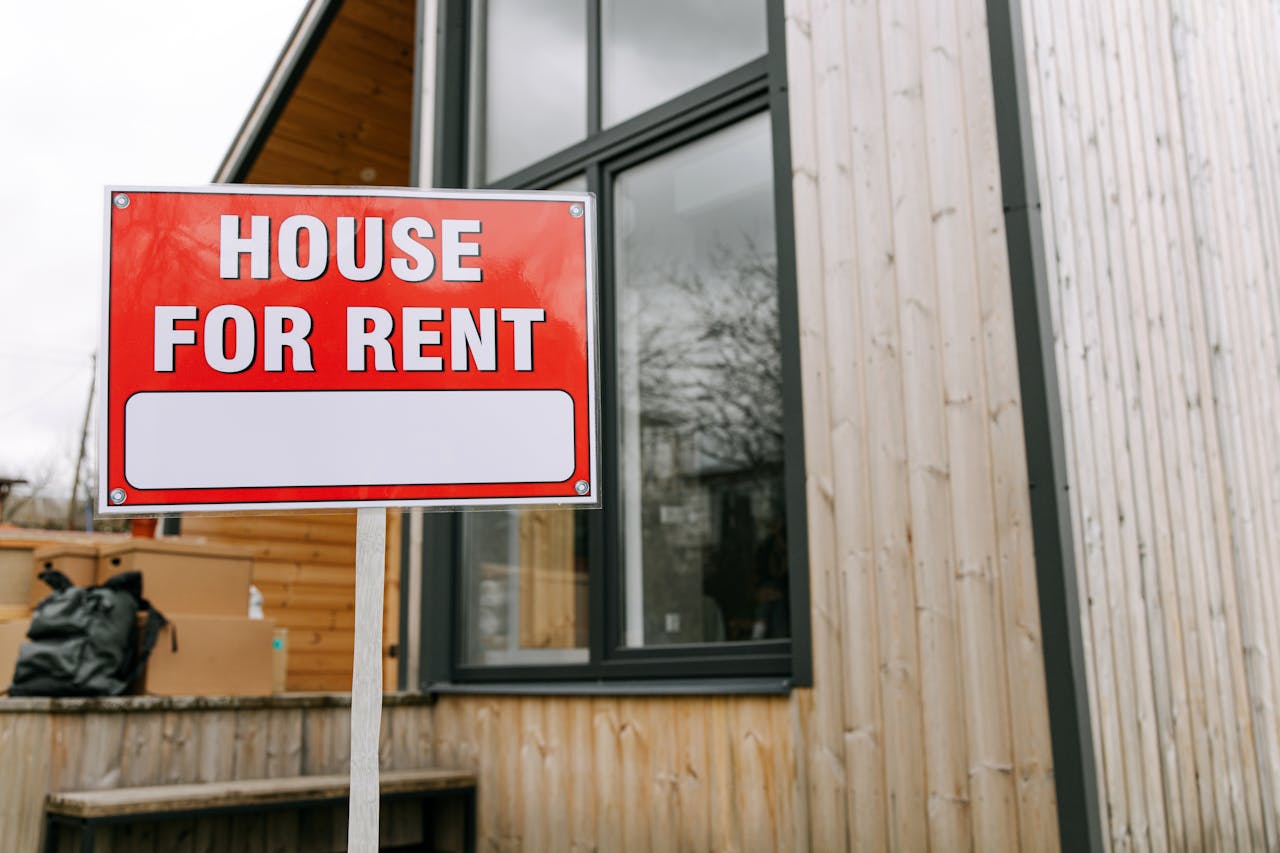
Short term rentals face a patchwork of local rules, from registration and occupancy caps to host presence requirements. Common penalties come from unlisted permits, missing tax remittances, or ignoring minimum stays. Clear house rules and guest screening protect parking, trash, and quiet hours, which are frequent flashpoints. Keeping records, renewing licenses on time, and monitoring calendar integrations prevent accidental noncompliance when ordinances change midseason.
Using Fire Pits During Burn Bans

A cozy backyard fire can become an illegal burn when bans or air quality alerts are in effect. Restrictions may hinge on wind speed, fuel type, and spark arrestors, with fines aimed at preventing wildfires and smoke complaints. Checking the daily status, using covered containers, and keeping a hose ready turn a favorite ritual into a compliant one. Where bans persist, electric patio heaters and candles offer ambiance without risking penalties or neighbor disputes.
Storing Junk Cars in the Driveway
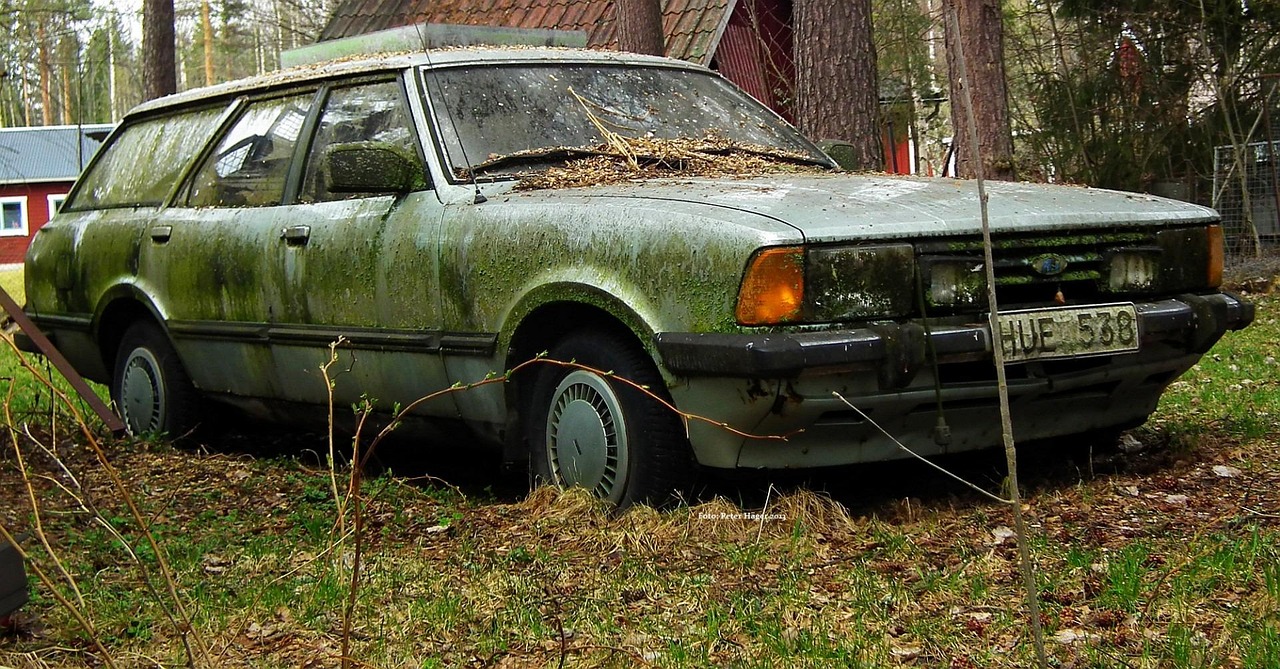
Nonoperational vehicles parked on lawns or driveways often violate nuisance ordinances. Expired tags, missing parts, or tarps can trigger fines and towing, particularly when fluids leak or pests shelter under hoods. Many codes allow one project car if stored in a closed garage. Scheduling repairs promptly, using drip pans, and arranging off-site storage keep property standards intact and avoid repetitive citations that escalate with time. Clear visibility of the street number and unobstructed sidewalks also help inspectors verify compliance quickly during neighborhood sweeps.
Feeding Wildlife and Feral Animals

Good intentions can backfire when feeding ducks, deer, or feral animals. Many jurisdictions prohibit wildlife feeding because it spreads disease, alters migration, and attracts predators and rodents. Fines often accompany cleanup orders for seed piles or bowls left outdoors. Keeping pet food indoors, securing compost, and using wildlife-friendly landscaping meets ecological goals while avoiding penalties and unintended neighborhood conflicts. Local animal control departments usually provide humane guidance and alternatives that support species health without conditioning dependency.
